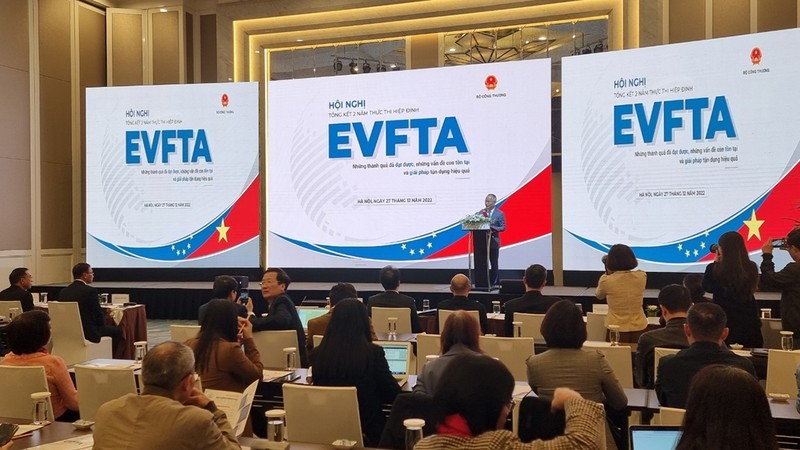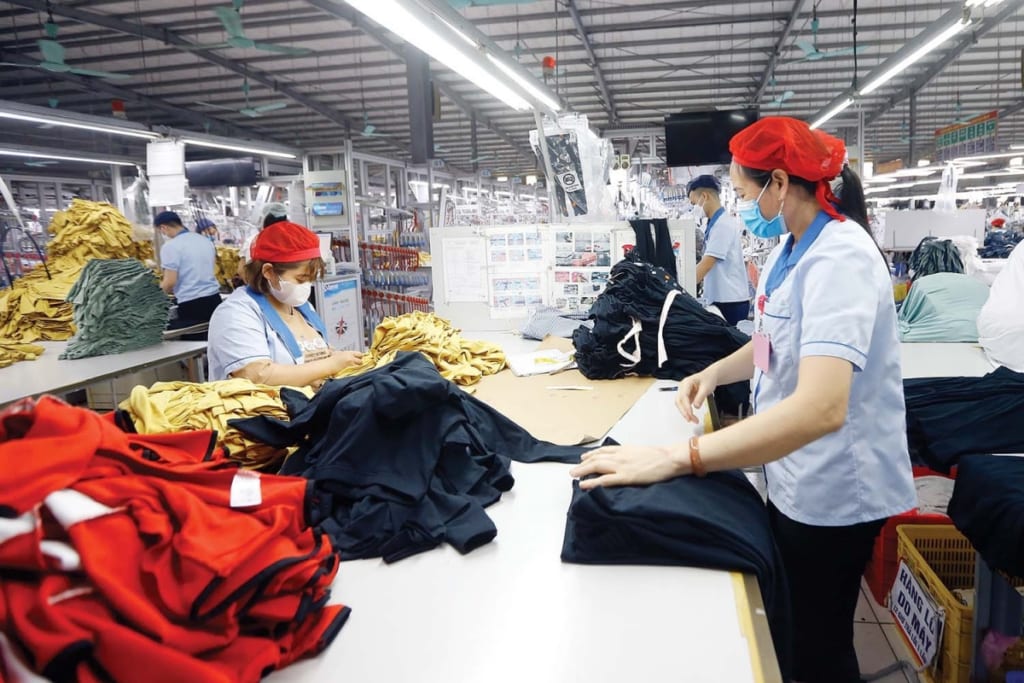In today’s interconnected world, language proficiency has become a critical asset for Vietnamese workers seeking employment opportunities both at home and abroad. The ability to communicate effectively in languages such as English opens doors to global markets, fosters cultural understanding, and enhances career prospects. This article explores the significance of language training for Vietnamese workers, providing insights into its benefits, and implementation strategies, and addressing common questions to help individuals and organizations harness the power of linguistic skills.
Language Training for Vietnamese Workers: A Pathway to Success
The Importance of Language Training
Language training plays a pivotal role in empowering Vietnamese workers to overcome language barriers and seize international opportunities. With effective language skills, workers can confidently engage in cross-cultural communication, navigate diverse work environments, and build strong professional relationships.
The Impact of Language Training on Employability
Language training significantly enhances the employability of Vietnamese workers. By acquiring proficiency in languages like English, workers can access a broader range of job opportunities both locally and internationally. Bilingual or multilingual individuals are highly sought after by employers, as they can effectively communicate with diverse stakeholders, adapt to different business practices, and contribute to the success of global enterprises.
Implementing Language Training for Vietnamese Workers
To maximize the benefits of language training, organizations and individuals can adopt the following strategies:
1. Assessing Language Proficiency Levels
Before commencing language training, it is essential to assess the current language proficiency levels of Vietnamese workers. This evaluation helps tailor the training program to meet individual needs, identifying specific areas of improvement and targeting the skills most relevant to their desired career paths.
2. Choosing the Right Language Training Approach
There are various language training approaches available for Vietnamese workers, such as:
a. Classroom-Based Training
Traditional classroom-based training provides structured lessons and interactive learning experiences. This approach enables Vietnamese workers to practice their language skills through group activities, role-plays, and conversations, under the guidance of experienced instructors.
b. Online Language Learning Platforms
Online language learning platforms offer flexibility and convenience for Vietnamese workers. These platforms provide interactive lessons, multimedia resources, and personalized feedback, allowing learners to study at their own pace and track their progress conveniently.
c. Language Immersion Programs
Language immersion programs provide an immersive learning experience where Vietnamese workers can fully immerse themselves in the target language and culture. By living and studying in a foreign country, workers gain first-hand exposure to authentic language usage and cultural nuances, accelerating their language acquisition.
3. Incorporating Practical Language Skills
Effective language training for Vietnamese workers should focus on developing practical language skills relevant to their desired professional domains. This includes improving verbal and written communication, enhancing vocabulary related to their industries, and mastering essential business etiquette.
4. Providing Ongoing Support and Practice Opportunities
Language learning is an ongoing process that requires continuous practice and support. Employers and language training providers should offer opportunities for Vietnamese workers to practice their language skills, such as language exchange programs, conversation clubs, and mentorship initiatives. Regular practice helps workers maintain and enhance their language proficiency over time.
Benefits of Language Training for Vietnamese Workers
Language training for Vietnamese workers offers numerous advantages, positively impacting their personal and professional lives. Some key benefits include:
1. Expanded Job Opportunities
Proficiency in languages such as English opens doors to a wider range of job opportunities. Vietnamese workers with language training can explore employment options both within Vietnam and internationally, accessing positions that require bilingual or multilingual skills.
2. Enhanced Communication Skills
Language training improves Vietnamese workers’ communication skills, enabling them to express their ideas, negotiate effectively, and build rapport with colleagues, clients, and business partners. Clear and effective communication fosters collaboration and increases productivity.
3. Increased Confidence and Professionalism
Mastering a foreign language through training instills confidence in Vietnamese workers, empowering them to participate actively in professional settings. This increased confidence contributes to their overall professionalism, making them valuable assets to their organizations.
4. Cultural Understanding and Global Awareness
Language training not only teaches linguistic skills but also promotes cultural understanding and global awareness. Vietnamese workers gain insights into different cultures, customs, and ways of doing business, facilitating successful interactions in international contexts.
FAQs
1. How long does it take to become proficient in a new language through training ?
The time required to achieve proficiency in a new language depends on various factors, including the language’s complexity, the learner’s dedication, and the intensity of training. Generally, it takes several months to a few years of consistent training and practice to become proficient.
2. Can language training be customized to specific industries or job roles ?
Yes, language training can be tailored to specific industries or job roles. Customized training programs allow Vietnamese workers to focus on language skills and vocabulary relevant to their professional domains, ensuring maximum practicality and applicability.
3. Are there any government initiatives supporting language training for Vietnamese workers ?
In some countries, government initiatives or programs aim to support language training for workers. Vietnamese workers can explore potential subsidies, grants, or scholarships available to them for language training purposes.
4. Can individuals pursue language training independently ?
Yes, individuals can pursue language training independently through various online platforms, self-study resources, and language exchange programs. Self-motivated learning, combined with consistent practice, can lead to significant language proficiency improvements.
5. How does language training benefit employers?
Employers benefit from language training for Vietnamese workers as it enhances their workforce’s overall communication skills, increases their competitiveness in the global market, and fosters diversity and inclusion within the organization.
6. Can language training be provided within the workplace?
Yes, language training can be provided within the workplace. Employers can collaborate with language training providers to develop customized programs that meet the specific needs of Vietnamese workers, ensuring seamless integration of language learning into their work schedules.
Conclusion
Language training is a vital investment for Vietnamese workers, unlocking new opportunities and empowering them to thrive in a globalized job market. By honing their language skills, Vietnamese workers can expand their career prospects, enhance their communication abilities, and develop a global mindset. Employers, individuals, and governments should recognize the value of language training for Vietnamese workers and actively support initiatives that promote linguistic competence. With the right training strategies and ongoing commitment, Vietnamese workers can confidently navigate the challenges of a multilingual world, opening doors to a brighter and more prosperous future.
Follow our channel for more updated news of Vietnamese labour market




